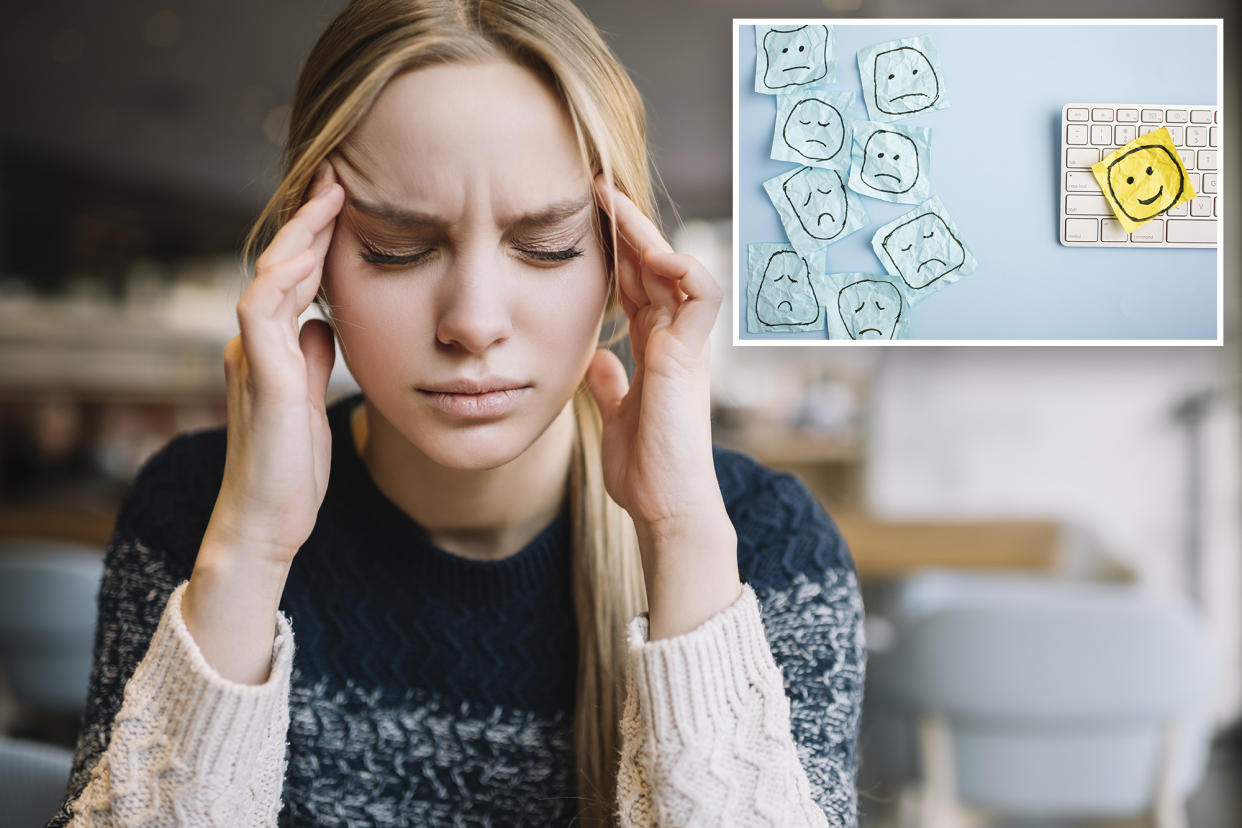Company offers 10 days of ‘unhappy leave’ for employee mental health

Could “unhappy leave” solve your work woes? Maybe not, according to a psychologist.
“Many companies have good leave policies. Often, employees don’t take advantage of all the time off they have,” Dr. Art Markman, a professor of Psychology, Human Dimensions of Organizations and Marketing and Vice Provost for Academic Affairs at the University of Texas at Austin told The Post.
In addition to paid time off, some companies offer their employees mental health days, but one supermarket chain in China called Pang Dong Lai recently announced they took this one step further by offering their workers 10 days of “unhappy leave,” the Straits Times reported.

“Everyone has times when they’re not happy, so if you’re not happy, do not come to work,” Chinese retail tycoon Yu Dong Lai, the founder and chairperson of Pang Dong Lai, told the Singaporean news outlet last month.
“This leave cannot be denied by management. Denial is a violation,” Yu said.
While an occasional mental health day may be a good idea Markman says that “unhappy leave” may not be what you need to feel better — at work or in life, according to Fast Company.
When a mental health day can help you
Taking a mental health day so you can feel refreshed and go back to work with newfound energy could help you, Markman explained.
“A short break from work can sometimes be helpful. If you have engaged in really demanding work, then spending time you find relaxing or rewarding can be rejuvenating,” the professor wrote for Fast Company.
He said mental health days are ideal when people need rest caused by lack of sleep or they simply need alone time to do an enjoyable relaxing activity like going to a spa.

When a day off won’t help
Taking a day off right in the middle of an important project might be more detrimental than it is helpful.
“Research going back almost 100 years demonstrates that people continue thinking about tasks that they are in the middle of,” Markman wrote, referencing a psychological phenomenon called the Ovsiankina effect.
“So, if you try to take a break during an ongoing task, it may be very hard for you to disconnect from it. You might get more value from the break by waiting until you complete the big task,” he added.
Sometimes fatigue can be a sign of a bigger issue: burnout.
“When you’re feeling like you just cannot drag yourself to work, then that is a good sign that you’re in need of a day off. Burnout goes beyond merely feeling tired, though. When you begin to feel signs of depression and anxiety that are directed specifically at work and seem to be caused in part by your treatment at work or your feelings about work, you’re experiencing burnout,” he told The Post.

When a toxic workplace is to blame
Taking a mental health day or unhappy leave might not do much if your office culture is to blame.
“There are many factors that may lead to a bad work environment. Top-tier leadership needs to commit to creating a workplace that has high expectations but also respects its employees,” he told The Post.
“A workplace that has unrealistic expectations, abusive bosses, or a culture of harassment cannot expect that the occasional day off will make up for these significant issues,” he wrote in his essay.
Markman said there are various things workplaces can do to create healthier environments.
“Managers and leaders need training to help them develop more people skills to work with their teams. Leaders also need to ensure that work expectations are reasonable and that employees are given reasonable training for their jobs,” he told The Post.
He added that adequate time off isn’t always an issue in the workplace and that workers are sometimes expected to work very long hours.

“The bigger issue in many places is about expectations for daily and weekly hours. When there is a big project to complete, people can put in a 50+ hour week to get a job completed. But, working these long hours week in and week out creates fatigue,” he explained.
He said an ideal amount of work for most people “hovers around the 8-hour workday and the 40-hour week.”
When you need to seek professional help
Markman said if you are suffering from longstanding depression or anxiety you should treat it like a medical problem and make an appointment with a mental health professional instead of simply taking a day off.
“Mental health is health. You would not take a day at the spa to repair a broken ankle. While a day off from the grind can be helpful, you shouldn’t expect that treating yourself will cure a chronic mental health concern,” he wrote.
In addition to chronic mental health issues, stressful life events like having a sick family member, issues with your romantic relationships and debt can also take a toll.
” If your company has an Employee Assistance Plan, you may want to engage with it to get help and advice about how to address the life events that are affecting you,” he advised.

